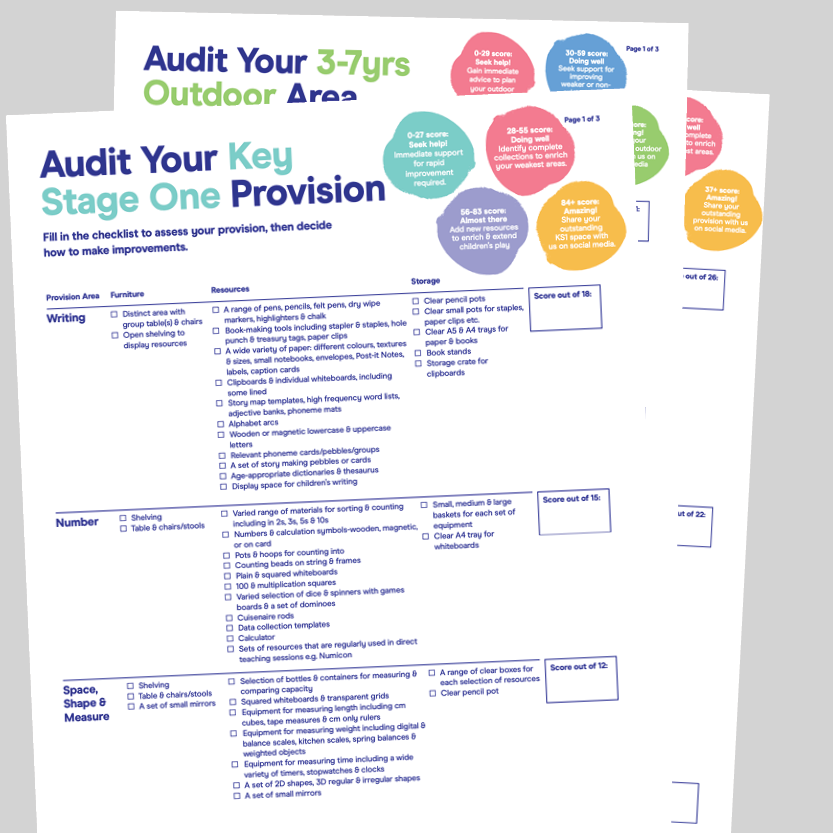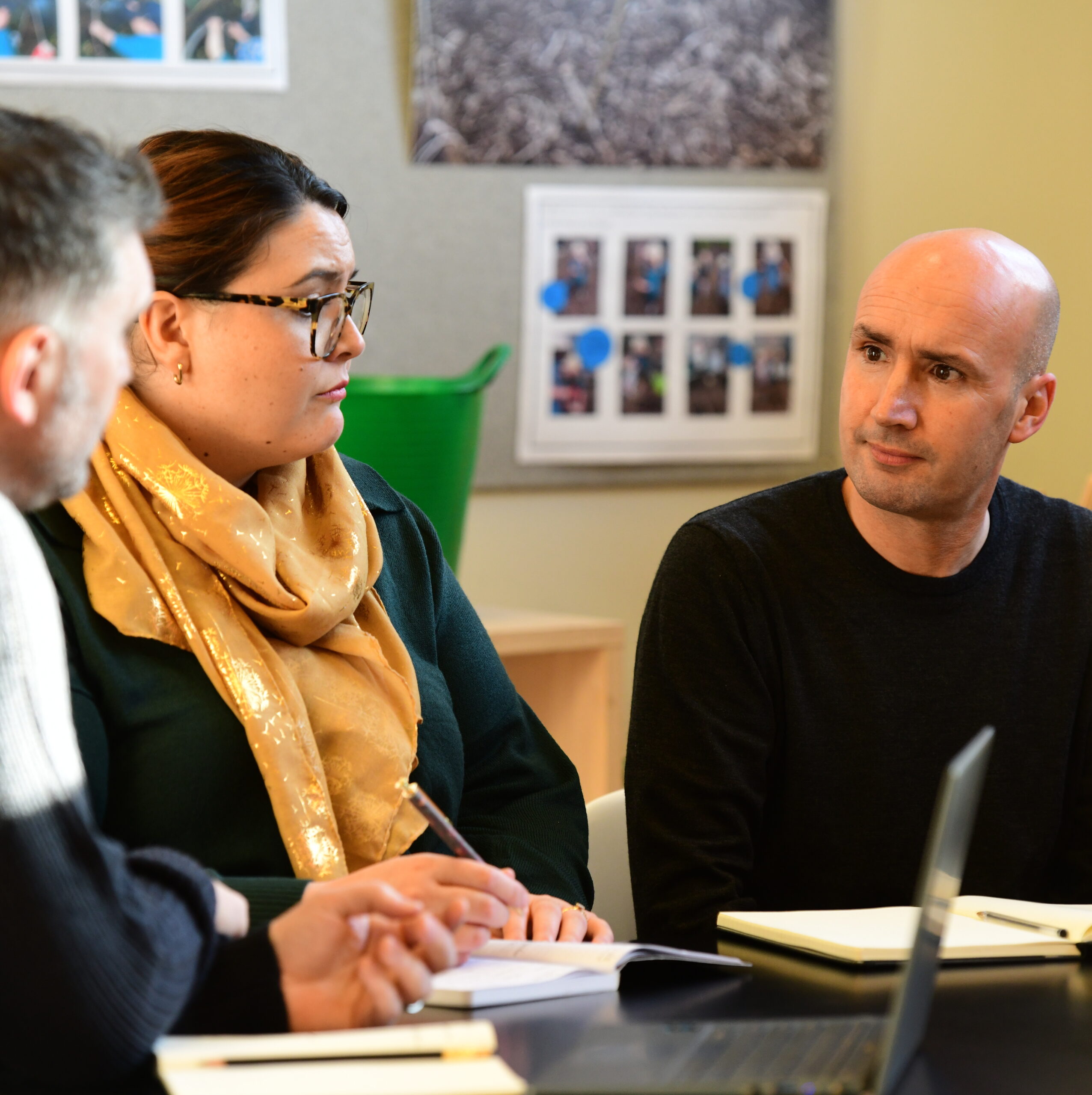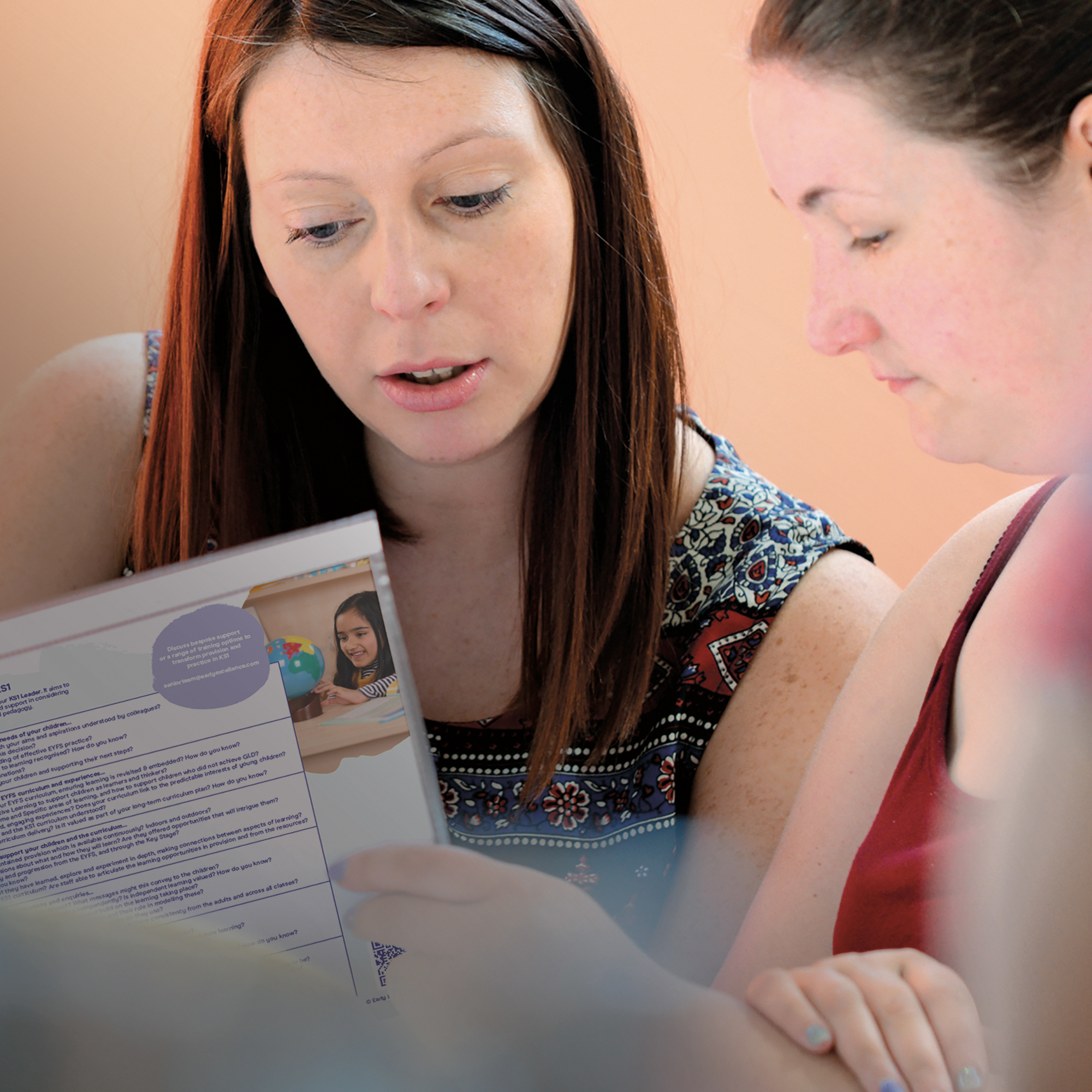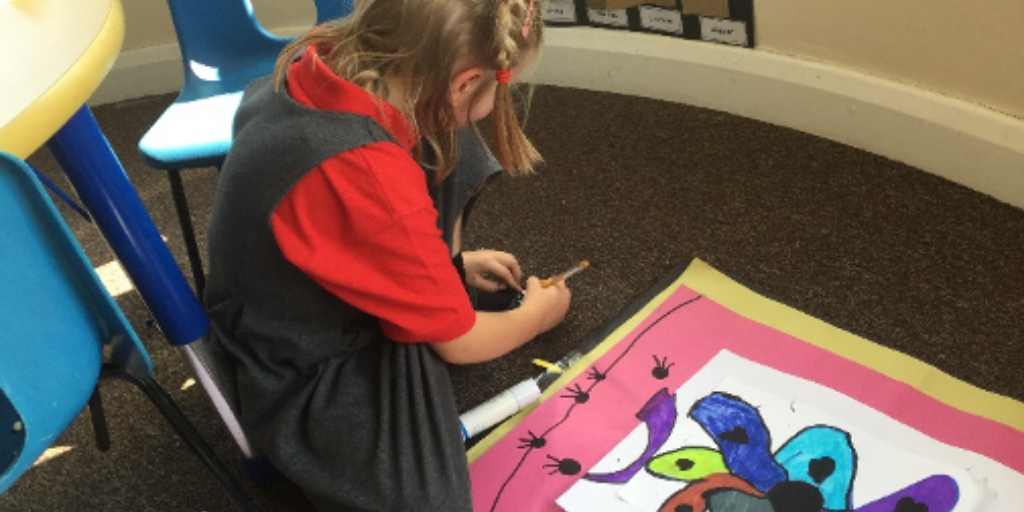Joanna Redfern, Executive Headteacher of All Saints CE Infant and Pre-School and Selston CE Infant and Nursery School in Nottinghamshire. In this blog she describes how an effective balance between child-led and adult-led learning was established in KS1 and how adult support is key to the quality of learning when children work with continuous provision in KS1.
Continuous Provision in KS1: Plan, Do, Review
Joanna explains “Having spent much time setting up the learning environment, our focus turned to pedagogy. The balance of child and adult-led learning for KS1 was debated long and hard, highlighting some real anxieties. Would this approach produce sufficient evidence for moderation? Would there be enough time for children to practice the skills we considered important? How much adult-led or adult-initiated learning should there be?”
They discovered that teachers who intrinsically believe in the value of child-led learning in KS1 instinctively find a balance, and their children make consistently good progress. They accept that the line between child-led and adult-led learning is blurred. Child-led activity requires careful adult intervention at appropriate moments to ensure that the zone of proximal development (Vygotsky) is reached. Equally, adult-led activity can be re-shaped and enhanced by children’s contributions.
“Realising this, and being inspired by Early Excellence’s advice, took us to a better place. Over the past eighteen months, we’ve reached agreements on how much whole-class teaching should occur and what are the daily non negotiable activities. Every day our KS1 children receive a whole-class phonics/spelling session and an equivalent maths one – each lasting for a maximum of twenty minutes. The other non-negotiable is a daily whole-class story time.” Religious Education, Physical Education and Guided Reading all take place at some point during the week. Beyond this, teachers plan a flexible, creative curriculum which saves time and exploits the links between curriculum areas. For example, the twice a week story time focuses on a PSHE objective through an engaging text that promotes discussion.
Outside the whole-class time, teachers work in provision with particular children or with focus groups. These are based on assessment and may be large or small. The continuous provision is available to the children for most of the day.
Joanna says” We have implemented a ‘plan, do, review’ sequence for child-led learning, and re-discovered something we already knew – that if child-led learning is to meet and exceed age-related expectations, high quality planning and review sessions are essential. As our children move into KS1, planning becomes a recorded process. Children are encouraged to use talk, drawings and diagrams to shape their ideas, returning to adapt their plans as necessary. Their planning books are working documents that belong to them.”
“Some children now work on a self-chosen project for several days. If they need resources that aren’t available in the classroom, they make a shopping list for their teacher. Others choose a shorter play-based activity that can develop over time into new areas of learning. For example, the stories from small-world play can be written or scribed for the child and turned into a published book. This means, for example that a child with significant reading difficulties can become the expert artist and advisor to the class: the resulting impact on self-esteem is profound.”
“We made mistakes. Initially, there was an adult-led curriculum based on Maths and English in the mornings, with opportunities for child-led learning in the afternoons. This half-way house created a sense that adult-led learning was more important than anything else, thus devaluing what children bring. We were just paying lip-service to a child-centred philosophy.”
Reviewing Child-Led Learning & Continuous Provision in KS1
“Review time, if done well, stimulates high levels of engagement, language development and the enhancement of problem solving skills. This is most definitely not a ‘show and tell’ session. Teachers select the children whose learning they want to review, for specific reasons. They know the curriculum inside-out and the ensuing discussion consistently reinforces year group objectives. For those children who struggle to lead their own learning, review time feeds them with ideas and suggestions. For more able or confident children, differentiated questioning creates a high level of challenge. We invested in the recording and evaluation of review sessions, enabling us to refine them and keep a strong focus on the quality of learning.”
In a learning environment such as this, the adult’s role is broad and varied – encompassing teacher, facilitator, learning partner, guide and critical friend. As well as being flexible, the adults must have a secure and extensive knowledge of all National Curriculum subjects. Above all, they need an in-depth understanding of how young children develop and what kinds of interaction are most effective for them. “The time and resources we put into training all our staff, based on the ‘Every Child a Talker’ approach, were well spent and we can see the rewards. They include vocabulary development, learning and social-interaction skills. Sustained shared thinking, where a child and an adult discuss a project together at length, is a regular occurrence.”
The development of a child-centred, play-based Curriculum has brought many changes to the work in Key Stage One! Discover the impact so far at All Saints CE Infant and Pre-School and Selston CE Infant and Nursery School in Nottinghamshire.
Find out more
Early Excellence offer EYFS and KS1 CPD webinar programmes which explore key principles of continuous provision and consider how an effective environment, carefully planned and organised, promotes a broad range of learning opportunities for children.

Audit your Early Years provision with our free online audit tools, and join schools across the country who are rethinking and developing their approaches to teaching and learning.

Speak to one of our Curriculum Consultants to help you with designing a new space or an existing classroom. We will work with you to discuss your vision and design your rooms to create a vibrant learning environment.

Explore our School Leader Reflection Tools for Reading and Writing to initiate high-quality, professional dialogues, focussed on teaching and learning.


